Alleycat Acres
By Scott McGowan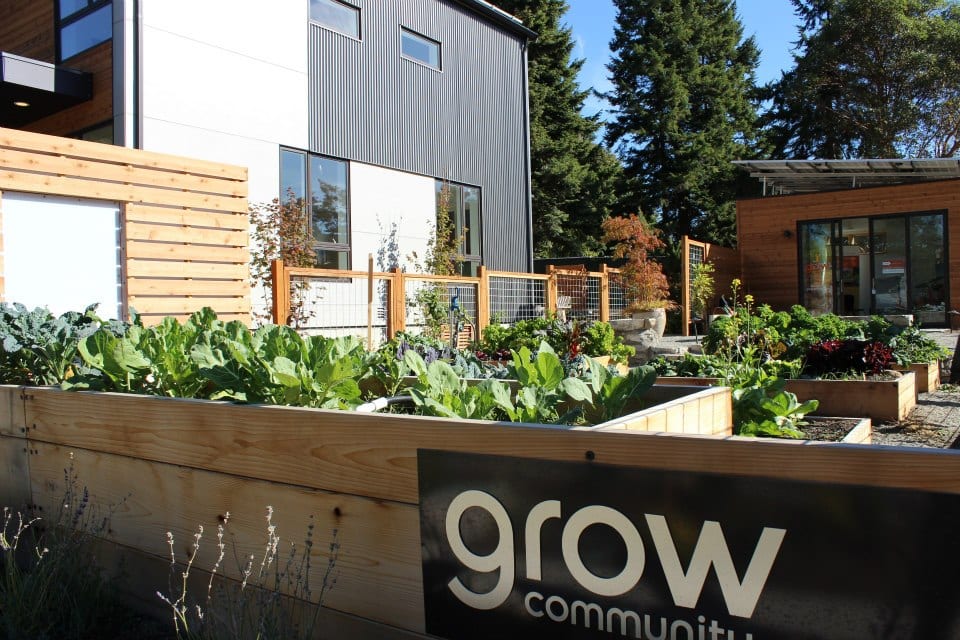
Three years ago, I participated in my first PARK(ing) Day – an annual, open sourced global event in which people from all walks of life temporarily transform parking spaces into public places.
That day forever changed the way I view how space is utilized in an urban setting. Over the course of the weeks following PARK(ing) Day, I set off to find an answer to the question: How can vacant spaces be used to bridge communities together?
That answer? Alleycat Acres.
Alleycat Acres was born during winter 2010, under the idea to (re)connect people, produce and place through building a network of neighborhood run farms on underutilized urban space.
By early 2011, twelve dedicated, diverse strangers came together to turn this idea into a reality. Together, we worked creatively to build the first farm in Beacon Hill, on a plot of land donated by a retired school teacher. That same summer, we broke ground on a 2nd farm in the Central District; and this year we celebrated our 2 year birthday by breaking ground on a 3rd farm, also in the Central District.
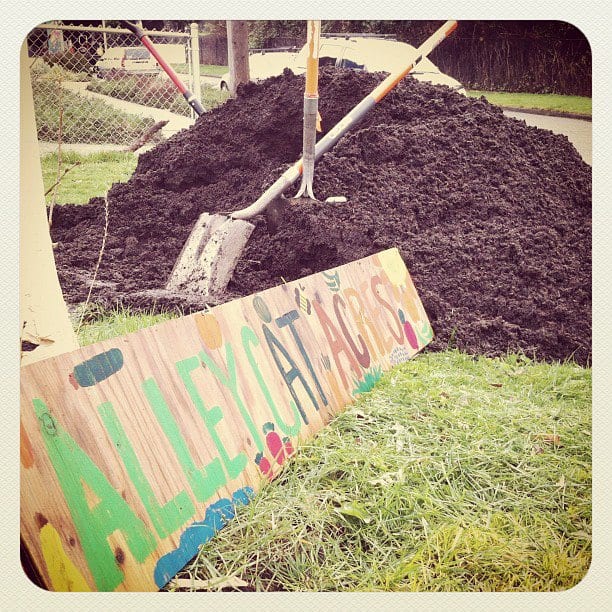 Our farms serve as community meeting grounds – allowing places for people who’d never normally meet to do just that — all while growing a healthier future. In the two years we’ve been growing, there’s been over 3,000 pounds of food harvested from all of the farms by the hands of more than 1,000 newly made friends – many of whom never have stepped foot on a farm or in a garden. All that produce that was grown? It went right back to everyone who helped it grow, along with one of three neighborhood based food banks that are close to each farm which is delivered by bicycle.
Our farms serve as community meeting grounds – allowing places for people who’d never normally meet to do just that — all while growing a healthier future. In the two years we’ve been growing, there’s been over 3,000 pounds of food harvested from all of the farms by the hands of more than 1,000 newly made friends – many of whom never have stepped foot on a farm or in a garden. All that produce that was grown? It went right back to everyone who helped it grow, along with one of three neighborhood based food banks that are close to each farm which is delivered by bicycle.
At the heart of our organization is the belief that food is more than what we eat. To all of us, it’s a medium through which we can forge intimate, meaningful relationships between people and place. Farming is a medium that reconnects us, both mentally and physically, to our surroundings. Our entire work is based on the collective belief that neighborhood powered urban food systems are key in creating healthy people and healthy places.
With every carrot we harvest, the promise of a better future is visible. Together, as we’ve learned, we can grow forth.
Check out more from Scott McGowan here at the Alleycat Acres Website and on Facebook, as well as his previous blog post on the Grow Blog here.
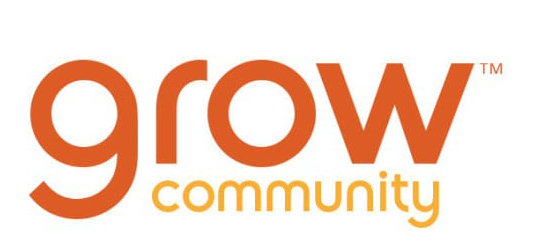
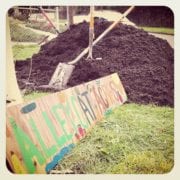
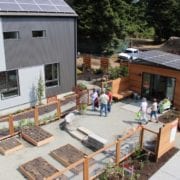
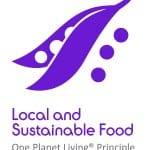 [
[